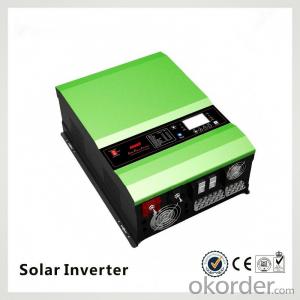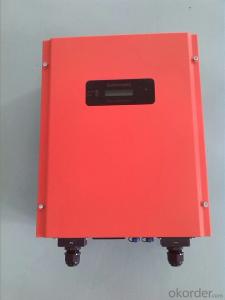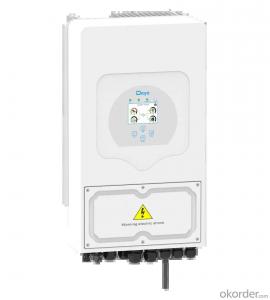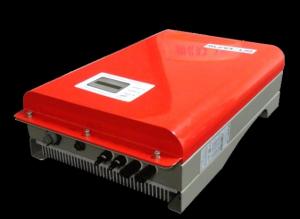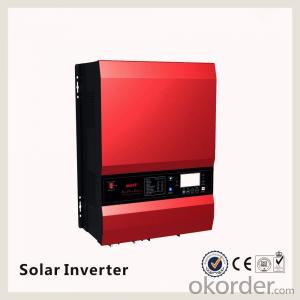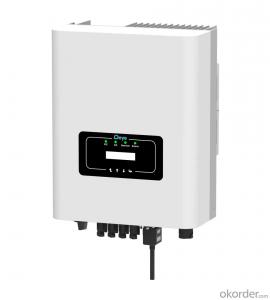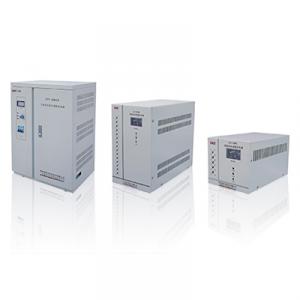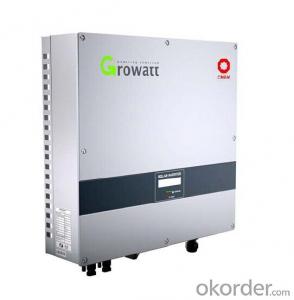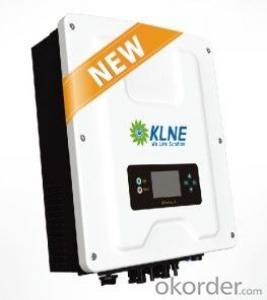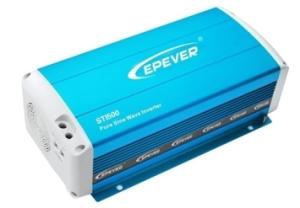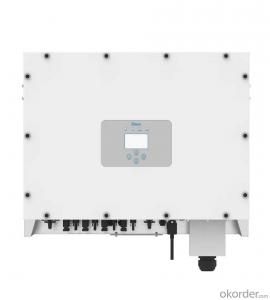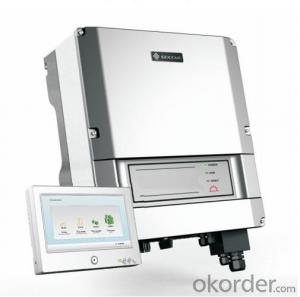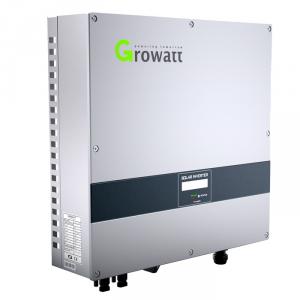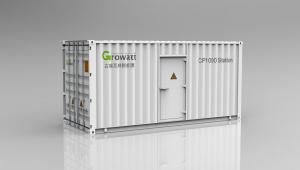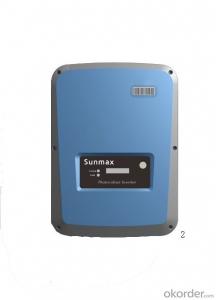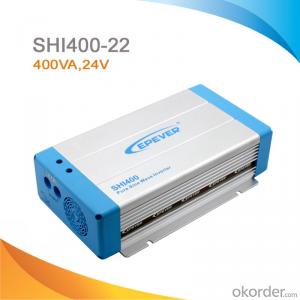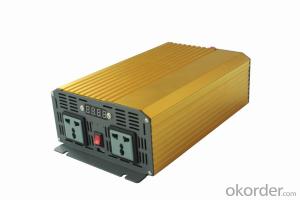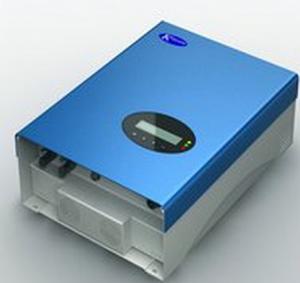All Categories
- - Steel Wire Rod
- - Steel Coils
- - Steel Profiles
- - Steel Pipes
- - Stainless Steel
- - Tinplate
- - Special Steel
- - Steel Sheets
- - Steel Rebars
- - Steel Strips
- - Hot Rolled Steel
- - Cold Rolled Steel
- - Pre-painted Steel
- - Seamless Steel Pipe
- - Welded Steel Pipe
- - Hollow Steel Tubes
- - Galvanized Pipe
- - Stainless Steel Coil
- - Stainless Steel Sheet
- - Stainless Steel Plate
- - Stainless Steel Strips
- - Electrolytic Tinplate Coil
- - Electrolytic Tinplate Sheet
- - Stainless Steel Rebars
- - Solar Panels
- - Solar Water Heater
- - Solar Related Products
- - Solar Inverter
- - Solar Cells
- - Solar Light
- - Solar Energy Systems
- - Solar Controllers
- - Solar Mounting System
- - Solar Pump
- - Solar Chargers
- - Fiberglass Chopped Strand
- - Fiberglass Mesh Cloth
- - Composite Pipes
- - FRP Pultrusion Profiles
- - Fiberglass Mat Tissue
- - Fiberglass Fabrics
- - Fiberglass Mesh
- - Composite Tank
- - Fiberglass Mesh tape
- - Polymer
- - FRP Roofing Panel
- - Fiberglass Roving
- - Monolithic Refractories
- - Ceramic Fiber Products
- - Refractory Bricks
- - Raw Materials For Refractory
- - Suspended Platform
- - Cranes
- - Concrete Machinery
- - Earthmoving Machinery
- - Building Hoist
- - Road Building Machinery
- - Plastic Pipe Fittings
- - Plastic Tubes
- - Plastic Sheets
- - Agricultural Plastic Products
- - Plastic Nets
 All Categories
All Categories
Q & A
Can a solar inverter be used with solar panels of different technologies?
Yes, a solar inverter can be used with solar panels of different technologies. Solar inverters are designed to convert the direct current (DC) generated by solar panels into alternating current (AC) that can be used to power electrical devices and be fed into the grid. As long as the output voltage and power ratings of the solar panels are compatible with the inverter, it can work with different types of solar panel technologies such as monocrystalline, polycrystalline, thin-film, or even a mix of these technologies.
What is the difference between a string inverter and a micro inverter?
A string inverter is a single unit that converts the DC power produced by multiple solar panels connected in series into AC power. A micro inverter, on the other hand, is a small inverter that is attached to each individual solar panel, converting the DC power directly into AC power. The main difference is that a string inverter operates for the entire string of panels, while a micro inverter operates on a per-panel basis. This means that micro inverters can optimize the performance of each panel independently, allowing for better energy production and increased system efficiency compared to a string inverter.
Can a solar inverter be used in a solar-powered air conditioning system?
Yes, a solar inverter can be used in a solar-powered air conditioning system. The solar inverter is responsible for converting the direct current (DC) power generated by the solar panels into alternating current (AC) power that can be used by the air conditioning system. This allows the system to operate efficiently and effectively using solar energy as the primary power source.
What is the minimum and maximum operating temperature range for a solar inverter?
The minimum and maximum operating temperature range for a solar inverter typically depends on the specific model and manufacturer. However, in general, the minimum operating temperature range for a solar inverter is around -20 to -10 degrees Celsius, while the maximum operating temperature range is around 45 to 50 degrees Celsius. It is important to note that these temperature ranges may vary, and it is advisable to consult the manufacturer's specifications for accurate information regarding a particular solar inverter.
Wholesale Solar Inverter from supplier in Guinea
Our team of experts is knowledgeable about the local market conditions and regulations, allowing us to provide tailored solutions that meet your specific requirements. Whether you are looking for residential, commercial, or industrial solar inverters, we have the right products for you.
In addition to offering high-quality products, we also provide sales support services, including assistance with product selection, pricing, and quotations. Our dedicated team is available to answer any questions you may have and provide guidance throughout the purchasing process.
Furthermore, we understand the importance of technical support in ensuring the proper functioning of your solar inverters. That is why we offer comprehensive technical support services, including installation guidance, troubleshooting assistance, and maintenance advice. Our team is committed to helping you achieve optimal performance and reliability from your solar inverters.
As a subsidiary of CNBM, a Fortune Global 500 company, we have the resources and capabilities to meet your solar inverter procurement needs in Guinea. CNBM is a leading supplier of renewable energy solutions globally, and we leverage our expertise and network to provide you with the best products and services.
Contact us today to discuss your solar inverter requirements in Guinea. We are confident that our comprehensive range of products and dedicated support services will exceed your expectations and contribute to the success of your solar projects.
In addition to offering high-quality products, we also provide sales support services, including assistance with product selection, pricing, and quotations. Our dedicated team is available to answer any questions you may have and provide guidance throughout the purchasing process.
Furthermore, we understand the importance of technical support in ensuring the proper functioning of your solar inverters. That is why we offer comprehensive technical support services, including installation guidance, troubleshooting assistance, and maintenance advice. Our team is committed to helping you achieve optimal performance and reliability from your solar inverters.
As a subsidiary of CNBM, a Fortune Global 500 company, we have the resources and capabilities to meet your solar inverter procurement needs in Guinea. CNBM is a leading supplier of renewable energy solutions globally, and we leverage our expertise and network to provide you with the best products and services.
Contact us today to discuss your solar inverter requirements in Guinea. We are confident that our comprehensive range of products and dedicated support services will exceed your expectations and contribute to the success of your solar projects.

